Balancing Authority and Empathy: Finding the Perfect Managerial Style
Breaking the Mold: Embracing New Management Strategies
Being a good manager is a crucial skill and arguably one of the most challenging. Maintaining a balanced and healthy work environment can be difficult, but it doesn't have to be. Here are some tips to help managers find and define how they balance authority and empathy:
Strong communication is essential for successful management. Managers should conduct efficient meetings, address conflicts promptly, and adapt to team members' communication styles. To improve communication, managers can try active listening, team-building workshops, and ensuring that staff knows their line of communication is always open.
Having empathy for employees is crucial. Just like you, your staff have lives outside of work. Recognizing that they are individuals with emotions and personal lives is essential. Practicing emotional intelligence by being mindful of their workload and offering support can build trust within the team. This doesn't mean letting things slide, but offering support can go a long way.
Managers should trust their team members to handle tasks, setting clear expectations and empowering them to excel. Effective delegation is necessary for meeting deadlines and fostering collaboration among staff.
Effective managers understand the unique strengths and weaknesses of each team member through regular performance reviews. This information helps identify areas for improvement and supports the development of new skills. Managers should inquire about their team members' needs and provide resources accordingly, such as training programs or better office equipment. Even small changes, like comfortable chairs or a snack corner, can contribute to a positive work environment. Effective managers act as motivators, particularly during challenging times, and celebrate team achievements. This shows employees that their work is appreciated and valued.
The Power of SMARTIE Goals: Boosting Employee Performance and Engagement
Setting goals has been proven effective for managing workload. Managers can establish SMARTIE (Specific, Measurable, Achievable, Realistic, Timely, Inclusion, and Equity) goals for their employees. This method clarifies expectations, keeps employees focused, and provides a sense of purpose, all while creating a healthy work environment.
The Pitfalls Managers Should Avoid: Common Mistakes to Steer Clear Of
While there are many positive actions one can take to be a good manager, there are also things that can hinder managers from thriving. Avoiding these few things, when possible, can greatly improve trust within the team.
Micromanagement is not the same as helping the employee. Managers should refrain from hovering over employees' shoulders and interfering with their work. Trusting in the abilities of team members is essential. If an employee asks for help or advice, provide what is asked for and back away. Be a resource but not a source of pressure.
On the note of helping employees, managers should refrain from offering unsolicited solutions to problems unless employees explicitly seek assistance. Trust in the team's problem-solving capabilities can enhance their skills and boost confidence. However, if an issue is not being addressed by anyone on the team, it is your role to step in.
Playing favorites is also frowned upon. Showing favoritism can disrupt team dynamics and undermine trust within the group, as it suggests that hard work isn't the sole key to success.
Managers should remain humble and authentic, focusing on job performance rather than seeking personal glory. Remember that you are part of a team, and no one person's success is more important than another's. You are all working together to improve the company, not pursuing personal agendas.
Being a good manager is challenging but crucial for a healthy work environment. Effective communication, empathy, and delegation are key. Setting SMART goals, recognizing individual strengths and weaknesses, and providing support create a positive atmosphere. Avoiding micromanagement, unsolicited solutions, favoritism, and ego-driven leadership is essential. Managers should focus on humility and teamwork, emphasizing collective success over personal agendas. Remember: good management leads to a productive and harmonious workplace!

